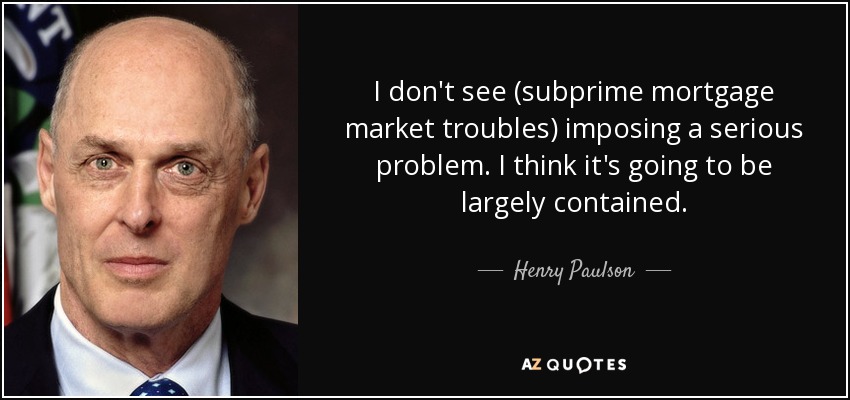I hope you're well aware that Robert Kiyosaki is a fraud who made his money from selling books telling this fraud story, not real estate.aggie93 said:"The Millionaire Next Door" explained this very well. Essentially it started out as a book by a couple academics wanting to understand wealth, who had it, and how they got it. What they found was that starting with wealth is often not a reliable indicator because if you don't know how to make more and you don't have frugal spending habits most will go through it. Lots of other revelations in that book as well but fundamentally they found that at least in the US a significantly large percentage of people move from the high end to the low end of the spectrum and vice versa in terms of income and wealth.fka ftc said:
I believe this stuff is why there are not more billionaires in the world. People who inherit wealth or win it in lottery of life (become a superstar, win ghetto lottery, get elected to Congress) tend to not be very smart and be able to plentifully associate themselves with equally mentally deficient folks.
If you are smart and have smart friends, your wealth will almost certainly continue to grow.
There is a lot of wisdom in saying the most fortunate people are those who grow up with little means but excellent parents. You can't teach a wealthy person what it was like to grow up poor or with little means and the drive and desire to both succeed and appreciate that success and you can't replace excellent parenting. You can certainly be successful or have a happy life without either but the point is those are two great advantages in life.
FWIW, I have tried to raise my boys utilizing many of the principles from "Millionaire" as well as "Rich Dad, Poor Dad". It's tragic that neither book is taught and emphasized in schools and if anything the opposite is emphasized.
If you want to give your kids a stellar book on finance, use George Clason's Richest Man in Babylon. It is short (~70 pages) and you can find it online for free. Most finance writers out there borrow or riff off of concepts in Clason's book. The pamphlets that created the book came out almost 100 years ago.



